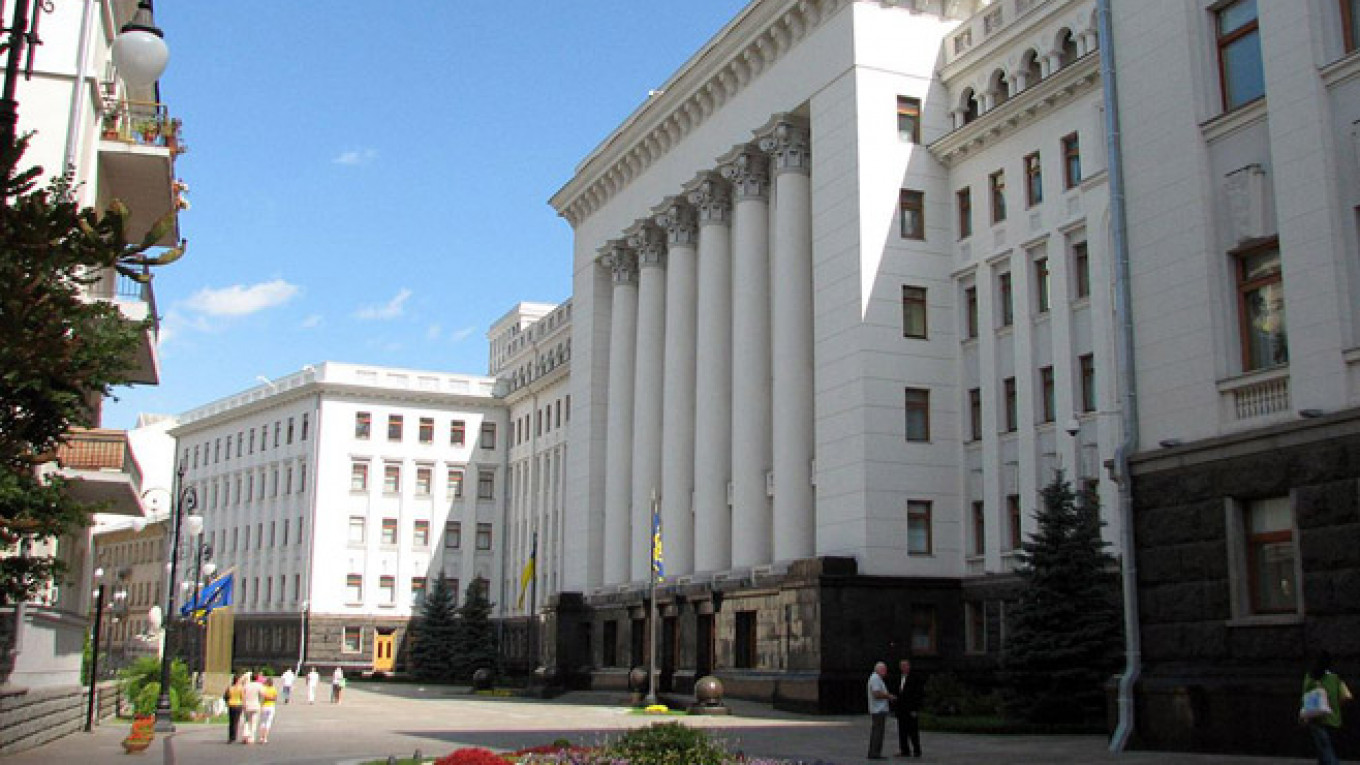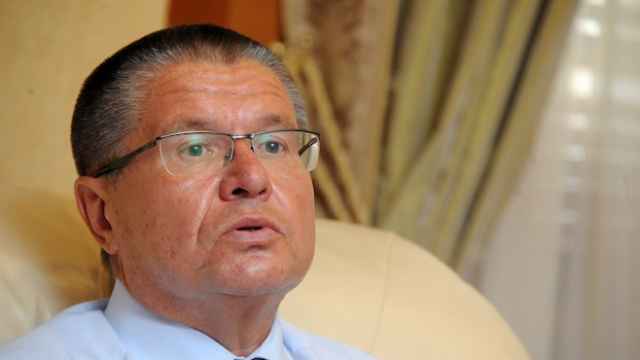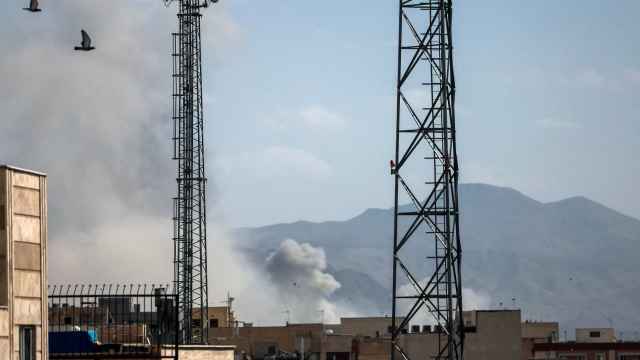BRUSSELS — The European Union and Ukraine agreed on Friday to delay the implementation of their free-trade pact until the end of next year in a concession to Russia, which had complained its industry would be hurt by the deal.
Russia and the West are bitterly at odds over Ukraine, and the EU and the U.S. both imposed new sanctions against Moscow on Friday over what they say is its military backing for separatist rebels in the east of the country. Russia, which denies involvement, said it would consider retaliating.
But postponing the entry into force of the trade deal helps address one of the issues at the heart of the crisis. Russia had threatened to slap import tariffs on Ukrainian goods from Nov. 1, arguing that the pact would squeeze it out of the Ukrainian market and provide a route for EU goods to flood into Russia.
The delay provides "breathing space to discuss whatever problem may arise, and then it will be up to the three parties concerned to see what they do after Jan. 1, 2016," EU Trade Commissioner Karel De Gucht told a news conference.
"I hope by then we come to a solution," he said after talks in Brussels with Russian Economic Development Minister Alexei Ulyukayev and Ukrainian Foreign Minister Pavlo Klimkin.
Ukraine will continue to enjoy privileged access to the EU market until that date, he said, but, in a concession by Brussels, it will not have to cut duties on imports from the EU in return.
Kiev had been concerned that allowing EU products more cheaply onto its market could undercut local goods, creating more problems for its weak economy.
Ratification Soon
The European and Ukrainian parliaments are expected to go ahead with ratification next week of the ambitious political and trade agreement that has been at the heart of months of upheaval in Ukraine.
Ukraine's then-President Viktor Yanukovych turned his back on signing the accord last November in favor of closer ties with Moscow, prompting months of street protests that eventually led to his fleeing the country.
Since the new Kiev government opted for closer ties with the EU rather than the Russia-led Customs Union, Moscow has annexed Ukraine's Crimea region, setting off the worst East-West crisis since the Cold War.
De Gucht said addressing Russia's trade concerns was "part and parcel of a comprehensive peace process in Ukraine." As part of the agreement, Russia promised to continue to grant preferential trade treatment to Ukrainian products, he said.
De Gucht said the EU was extending unilateral trade benefits to Ukraine, originally due to end in November, until the end of next year because of Ukraine's "very difficult economic situation."
Klimkin welcomed the agreement, saying: "We are very grateful to the European Union for the unique proposal of one-sided access to the European market which will allow our traders to very effectively prepare themselves for further trade liberalization."
A Message from The Moscow Times:
Dear readers,
We are facing unprecedented challenges. Russia's Prosecutor General's Office has designated The Moscow Times as an "undesirable" organization, criminalizing our work and putting our staff at risk of prosecution. This follows our earlier unjust labeling as a "foreign agent."
These actions are direct attempts to silence independent journalism in Russia. The authorities claim our work "discredits the decisions of the Russian leadership." We see things differently: we strive to provide accurate, unbiased reporting on Russia.
We, the journalists of The Moscow Times, refuse to be silenced. But to continue our work, we need your help.
Your support, no matter how small, makes a world of difference. If you can, please support us monthly starting from just $2. It's quick to set up, and every contribution makes a significant impact.
By supporting The Moscow Times, you're defending open, independent journalism in the face of repression. Thank you for standing with us.
Remind me later.






